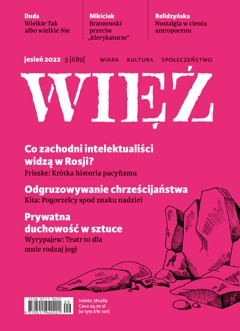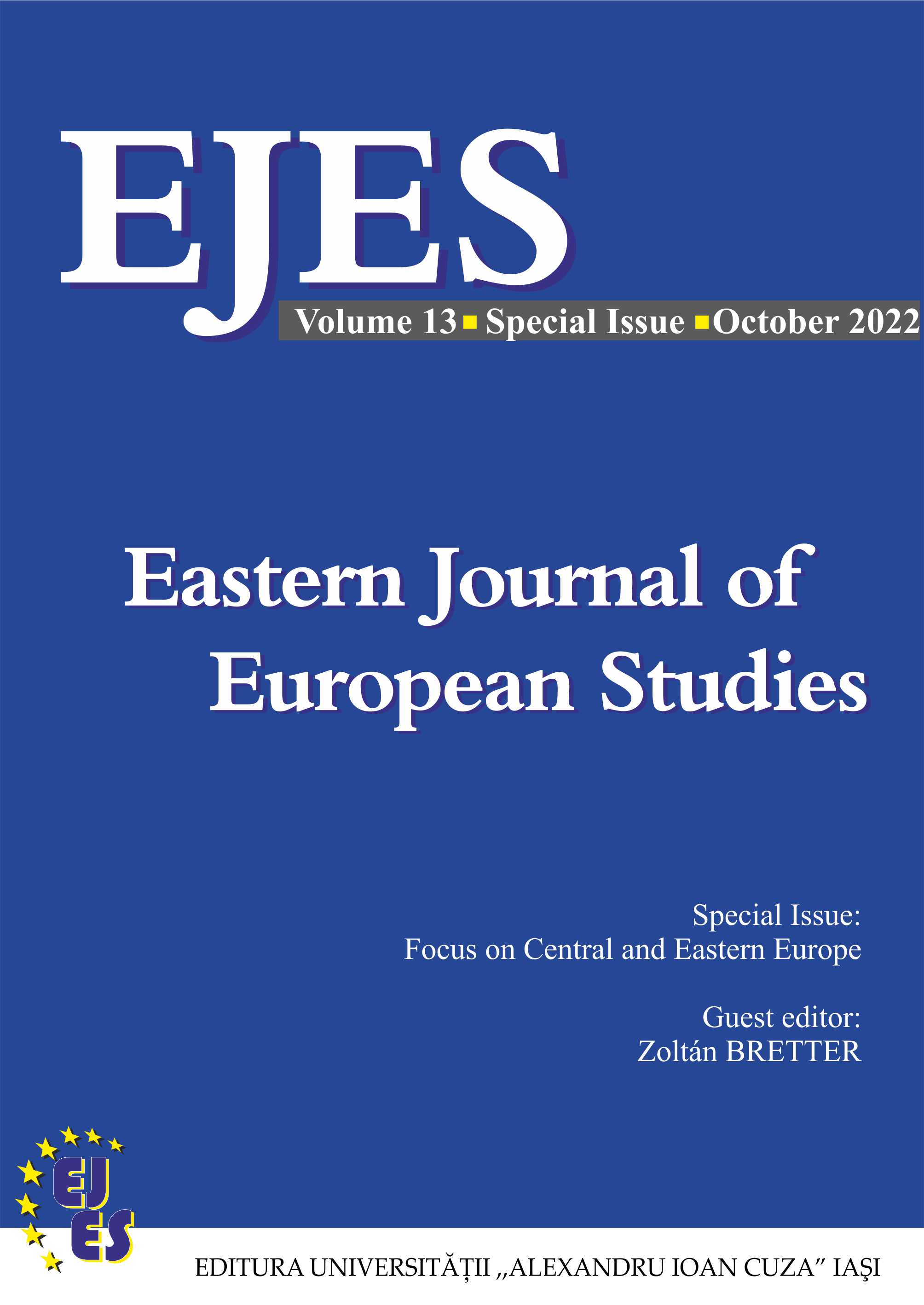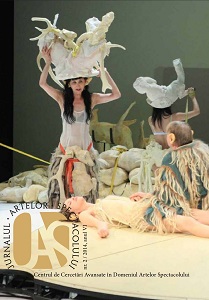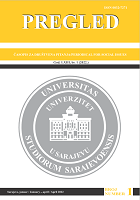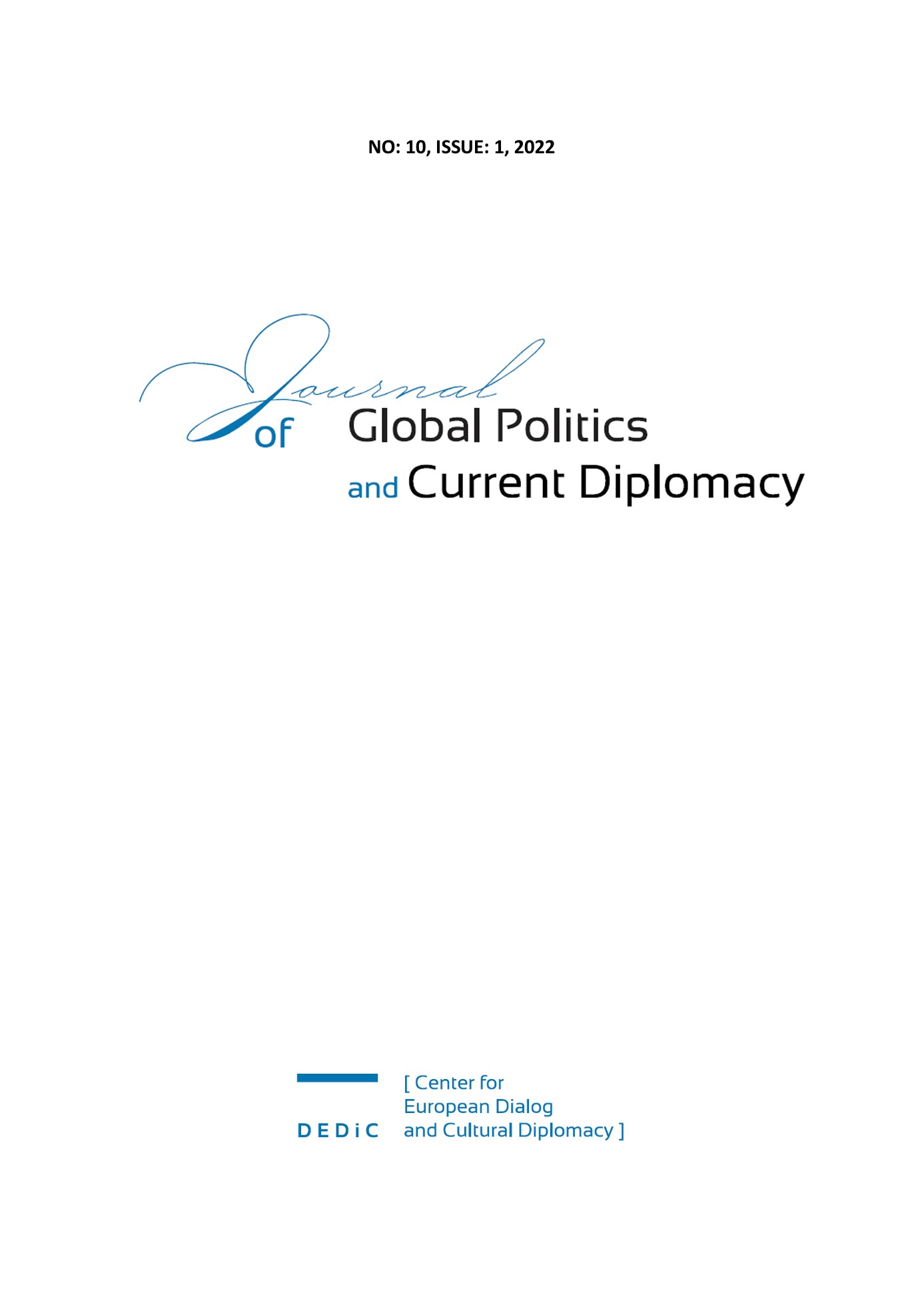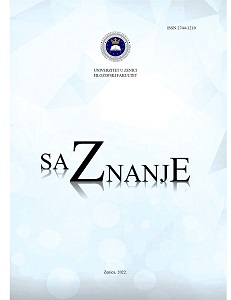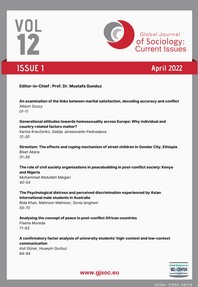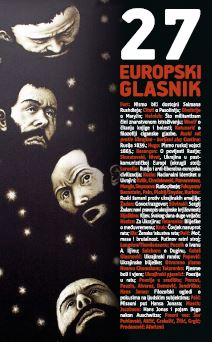CONSTRUCTION OF NATIONAL IDENTITY: POWER IN ACCEPTANCE SPEECHES
The study aims at analyzing the links between identity, institutions and discourse. As a method, the author applies Critical Discourse Analysis (CDA) to demonstrate how a prominent fi gure of the American political life interacts in an exceptional social situation refl ecting the macro level of social forces. Within CDA’s language analysis, the study also detects power relations through the lexico-grammatical level of language use. According to the functional theory of language (Halliday 1994), the paper investigates the acceptance speech of Barack Obama on the representational, positional and expressive levels of language use. On the one hand, the contribution intends to reveal that the metaphor, pronoun, and modality system may show the charismatic ways of power manifestation in political talk. On the other hand, the paper concludes that the linguistic means the speaker applies in the speech contribute to the construction of national identity.
More...
